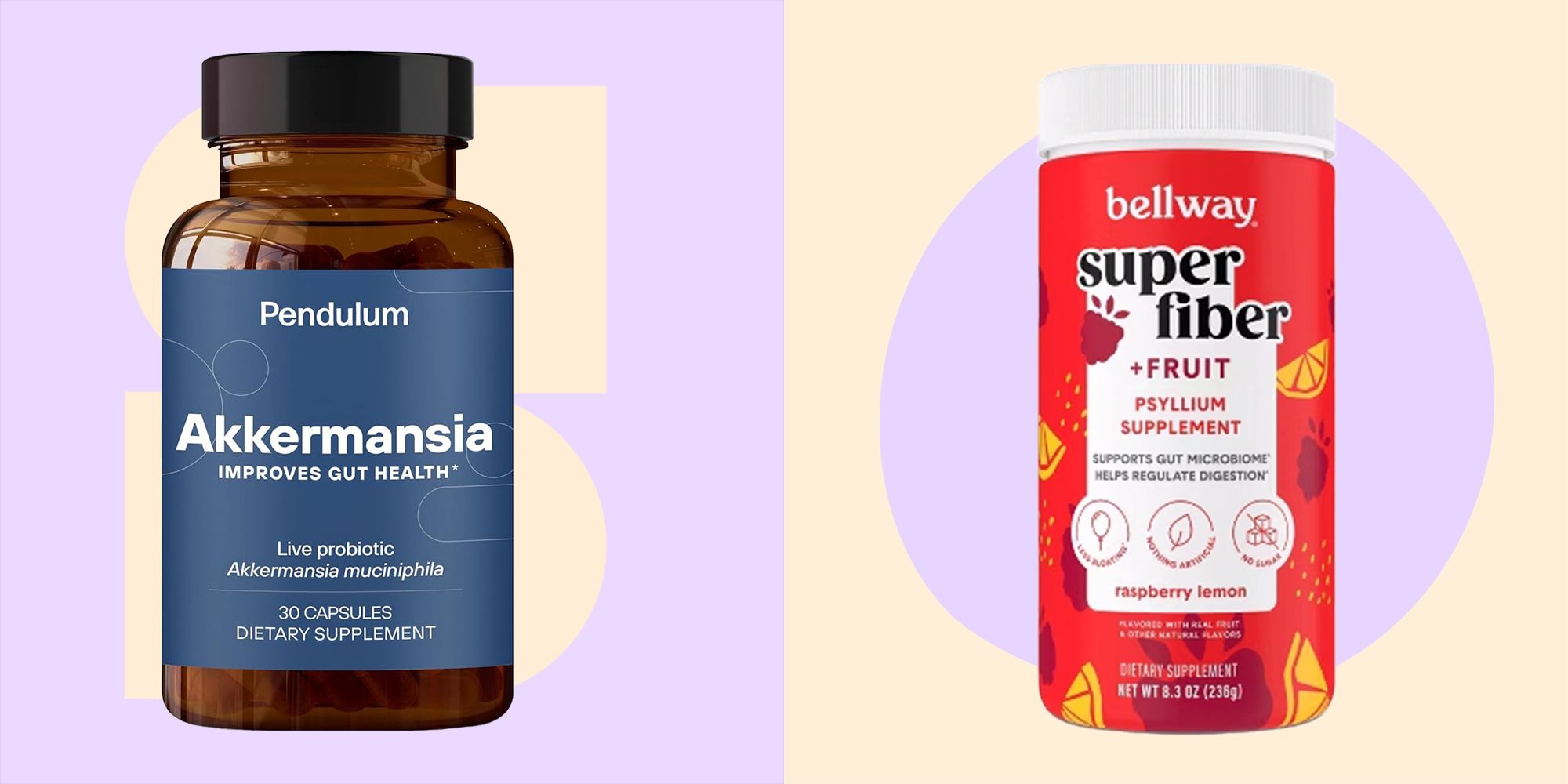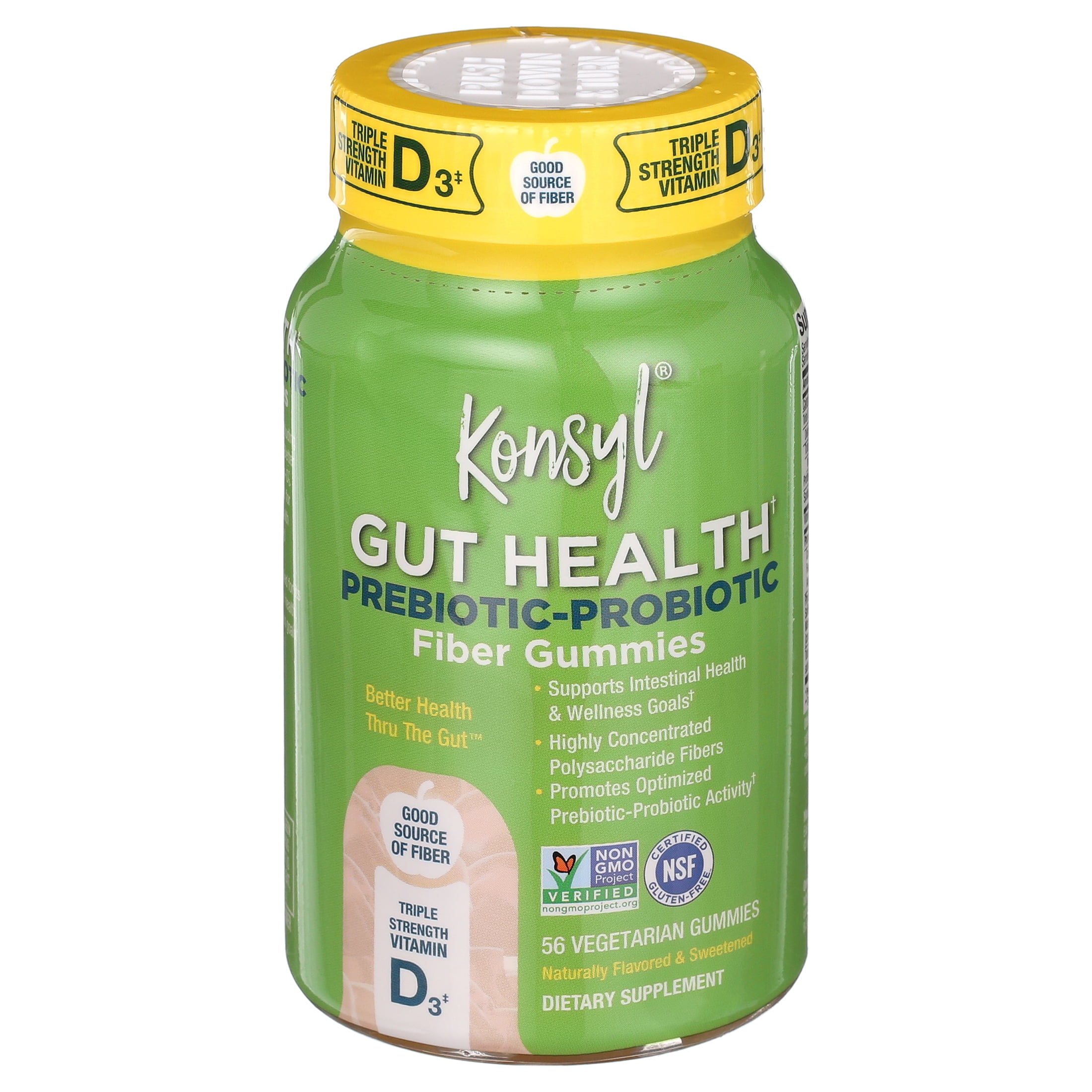Gut Health Supplement: A Key to Maintaining a Healthy Digestive System
Gut Health Supplement: A Key to Maintaining a Healthy Digestive System
Blog Article
Discover the Secret to Food Digestion and Resistance With Intestine Health And Wellness Assistance

Comprehending Gut Health And Wellness
Understanding digestive tract wellness is critical for overall health, as it plays a significant function in food digestion, immunity, and even psychological wellness. The intestine, consisting of the stomach tract, is in charge of damaging down food, taking in nutrients, and eliminating waste. A well balanced intestine environment ensures efficient food digestion, permitting the body to make use of nutrients successfully.
In addition, gut health and wellness considerably impacts the immune system. The digestive tract houses a significant section of the body's immune cells, and a healthy gut can aid fend off microorganisms and minimize swelling. Disturbances in gut health can result in an over active immune feedback, possibly contributing to autoimmune disorders and allergies.
Furthermore, the gut is usually described as the "2nd mind" as a result of the gut-brain axis, an intricate interaction network connecting the mind and the intestine. This link affects mood, cognition, and emotional wellness. Problems such as dysbiosis, defined by a discrepancy in gut bacteria, have been related to mental health conditions, consisting of anxiousness and clinical depression.
The Digestive Tract Microbiome Explained

The intestine microbiome, a varied neighborhood of microorganisms residing in the stomach tract, plays a critical role in keeping digestive system health and wellness and general well-being. Making up trillions of germs, viruses, fungis, and other microbes, this facility environment help in the digestion of food, the synthesis of important nutrients, and the regulation of metabolic procedures.
Each individual's intestine microbiome is special, affected by aspects such as diet, way of living, genetics, and ecological exposures. A well balanced microbiome supports optimum digestion by damaging down complicated carbs, creating short-chain fats, and helping with the absorption of nutrients. Alternatively, an inequality, frequently described as dysbiosis, can bring about gastrointestinal conditions, consisting of short-tempered digestive tract disorder (IBS) and inflammatory digestive tract illness (IBD)
Research has shown that a diverse microbiome is linked with better health and wellness outcomes, underscoring the value of nutritional choices in supporting these microorganisms. Foods abundant in fiber, probiotics, and prebiotics, such as fruits, vegetables, and fermented items, can advertise a healthy microbiome. Comprehending the intestine microbiome is vital for creating targeted interventions intended at boosting gastrointestinal health and wellness and preventing gastrointestinal diseases.

Link Between Food Digestion and Immunity
A durable link exists between digestion and resistance, highlighting the important duty of the digestive tract in keeping general wellness. The intestinal system is home to trillions of microorganisms that develop the intestine microbiome, which substantially affects both immune actions and digestive processes. This complicated ecological community aids in damaging down food, soaking up nutrients, and offering necessary metabolites that sustain immune function.
When digestion is reliable, the intestine barrier stays undamaged, protecting against hazardous microorganisms from getting in the blood stream (gut health supplement). Conversely, bad food digestion can result in an inequality in the microbiome, resulting in dysbiosis, which has actually been linked to numerous health and wellness concerns, consisting of autoimmune conditions and inflammatory disorders. Moreover, about 70% of the immune system lives in the gut-associated lymphoid cells (GALT), which interacts closely with the gut microbiome. This interaction guarantees that the body immune system can effectively compare damaging and helpful compounds.
Tips for Sustaining Intestine Wellness
Supporting digestive tract wellness is crucial for maintaining both digestion effectiveness and a well-functioning immune system. To cultivate optimum digestive tract health, consider integrating a number of sensible strategies into your daily routine.
First, focus on hydration. Consuming appropriate water supports food digestion and helps keep the mucosal cellular lining of the intestinal tracts. Furthermore, normal physical task can improve gut mobility and advertise a diverse microbiome.
Conscious informative post eating techniques are also crucial. Eating food thoroughly and consuming gradually can assist food digestion and stop overeating, which might emphasize the intestine. Managing stress and anxiety with methods such as reflection, yoga, or deep-breathing workouts can favorably influence intestine health, as stress is understood to interrupt digestion procedures.
Including prebiotics and probiotics right into your program is one more efficient method. While certain foods will certainly be gone over later on, recognizing the significance of these components is critical. Prebiotics function as food for advantageous intestine microorganisms, while probiotics present real-time useful microorganisms.
Lastly, stay clear of excessive use antibiotics, as they can interfere with the balance of digestive tract flora. By following these ideas, you can dramatically add to the upkeep of a healthy and balanced gut, which is vital for general health and wellness and vigor.
Foods That Promote Gut Health

Fermented foods, such as yogurt, kimchi, sauerkraut, and kefir, are rich in probiotics, which are useful bacteria that support gut plants and boost food digestion. These foods can help bring back equilibrium in the gut, particularly after antibiotic use or digestive system disturbances.
In addition to fermented alternatives, prebiotic foods, such as garlic, onions, asparagus, and bananas, offer as sustenance for these probiotics, advertising their development and activity. These soluble fibers sustain digestive tract motility and can reduce concerns like constipation.
In addition, incorporating high-fiber foods, including entire grains, fruits, beans, and veggies, is crucial for keeping a healthy and balanced intestine. Fiber aids in routine digestive tract motions and helps avoid digestive disorders.
Lastly, omega-3 fatty acids found in fatty fish, flaxseeds, and walnuts have anti-inflammatory residential or commercial properties that can additionally support digestive tract wellness. Emphasizing these foods in your diet can lead to a durable digestion system and improved immune feature.
Conclusion
In verdict, prioritizing digestive tract health and wellness is important for maximizing food digestion and enhancing immunity. A well balanced gut microbiome, influenced by nutritional choices and lifestyle elements, plays an essential function in nutrient absorption and inflammation reduction.
Understanding digestive tract health is important for total health, as it plays a considerable function in digestion, resistance, and also mental health and wellness. The intestine houses a considerable portion of the body's immune cells, and a healthy and balanced intestine can help fend off virus and minimize inflammation.In addition, this link the gut is commonly referred to as the "second brain" due to the gut-brain axis, an intricate interaction network linking the intestine and the brain.A durable link exists between food digestion and immunity, highlighting the important duty of the intestine in maintaining general health and wellness.In conclusion, prioritizing gut health and wellness is vital for enhancing food digestion and her comment is here improving resistance.
Report this page